From the Iowa Department of Natural Resources
Iowa’s furbearer season opens Saturday, and the outlook for trappers is positive — most species populations are steady, and there are some early indications wild fur pelt prices could be trending up this winter.
The challenge, however, could be that fewer marshes and streams have good water levels.
“Our water levels are similar to last year in some regions, even with a wet spring,” Vince Evelsizer, state furbearer and wetland biologist with the Iowa Department of Natural Resources (DNR), said. “These wet/dry-dry/wet swings within a year can have an impact on aquatic furbearers — otters, mink, beavers and muskrats. But the upland species — bobcats, red fox, coyotes — are much less impacted.”
Evelsizer encouraged trappers to do some preseason scouting as marsh water levels vary by location with many either dry or drying by the day.
The furbearer season is Nov. 2 to Feb. 28, 2025. Beaver trapping closes on April 15, 2025.
Mentoring young trappers
A regulation change allows youth ages 15 and younger to go trapping with a licensed adult trapper without purchasing a license. This change brings trapping in line with hunting.
“This allows the youth to experience trapping to see if it is something they would enjoy without having to purchase a license,” Evelsizer said.
Each youth must be accompanied by a licensed adult.
Gray fox study
The Iowa DNR will again be looking for live caught gray foxes as part of a pilot population study to learn more about this small, secretive woodland furbearer.
“We’re asking for the public and our trappers to contact us if they’ve recently seen a gray fox or catch a gray fox. Better yet, contact us in advance if you’re trying to catch a gray fox in your area. Private trappers are a valuable partner for this pilot project. We have one fox collared so far, and hope to add to that this year,” Evelsizer said.
The collar provides researchers with data on the fox’s movement, habitat preference and survivorship. There is a $400 reward, provided by the Iowa Wildlife Federation, for anyone who catches a gray fox that can be used for this study.
He said the fox will be released on the site where it was caught.
The DNR is also working with Iowa State University on a pilot project this winter in northeast Iowa, using cameras to track fishers and gray foxes to determine what areas these species occupy and what areas they don’t occupy in this region.
“Other regions may be surveyed in the future, depending on how this study goes,” Evelsizer said.
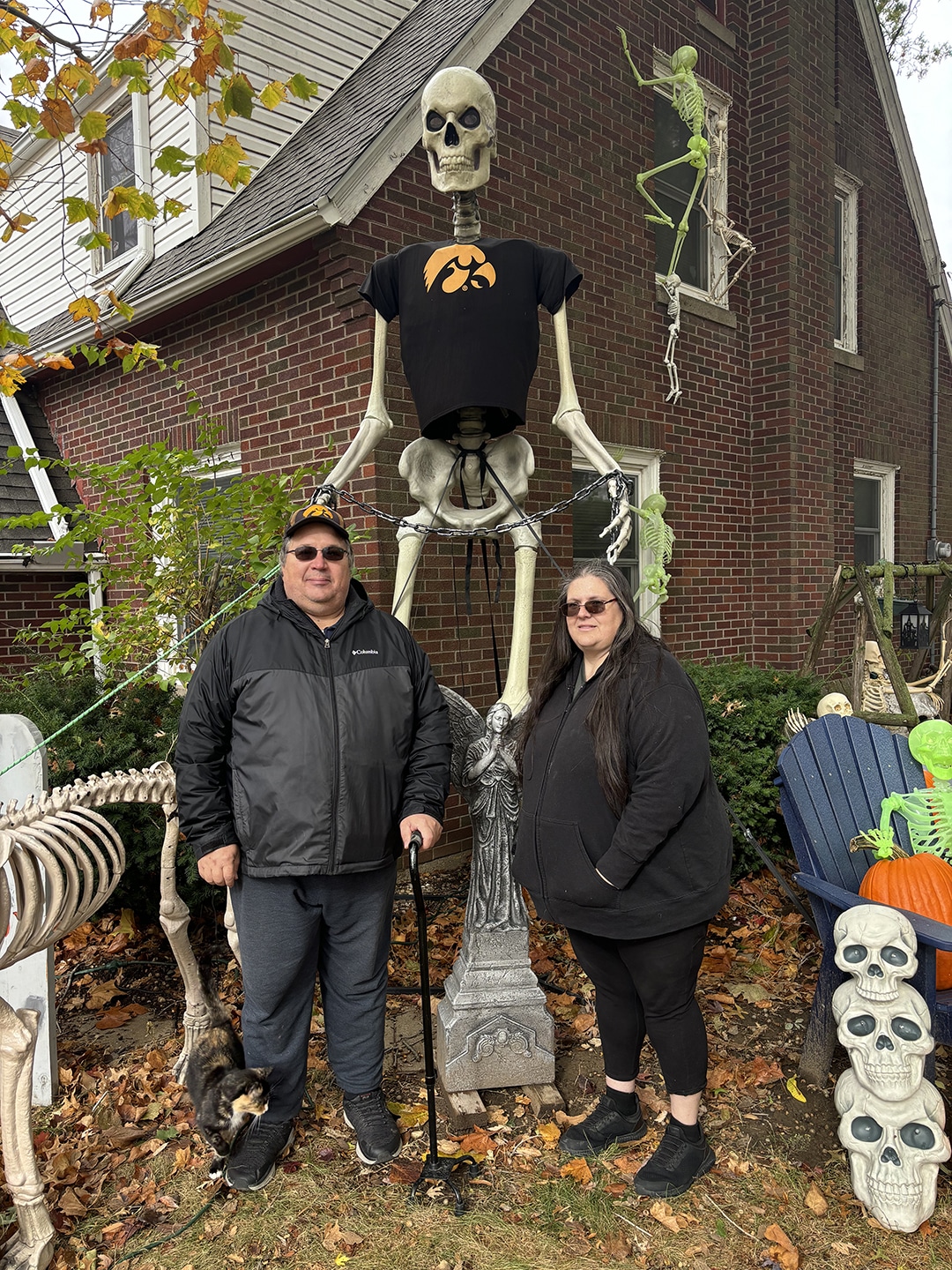
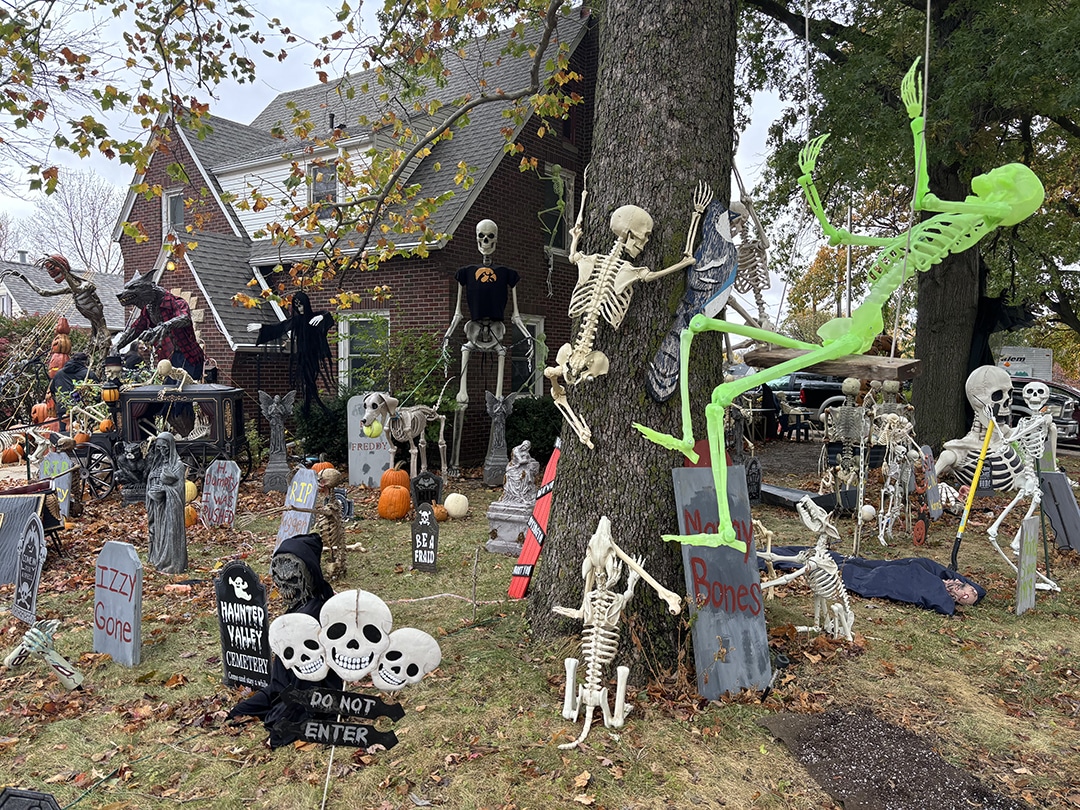
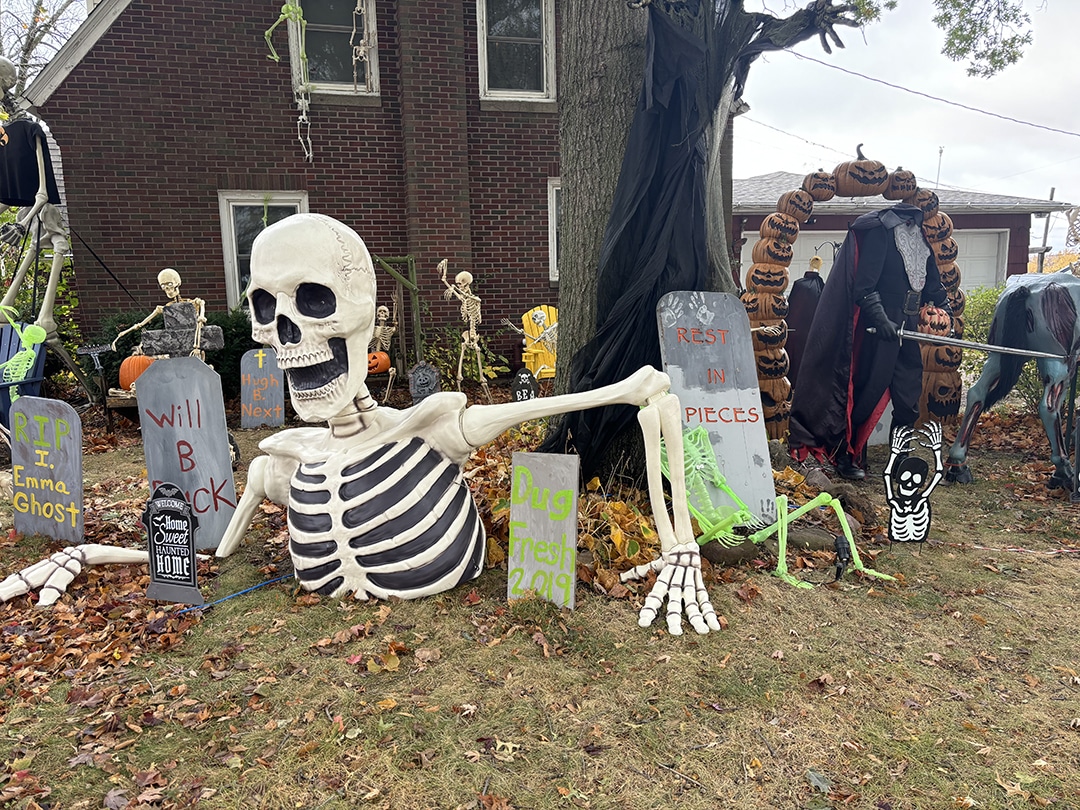
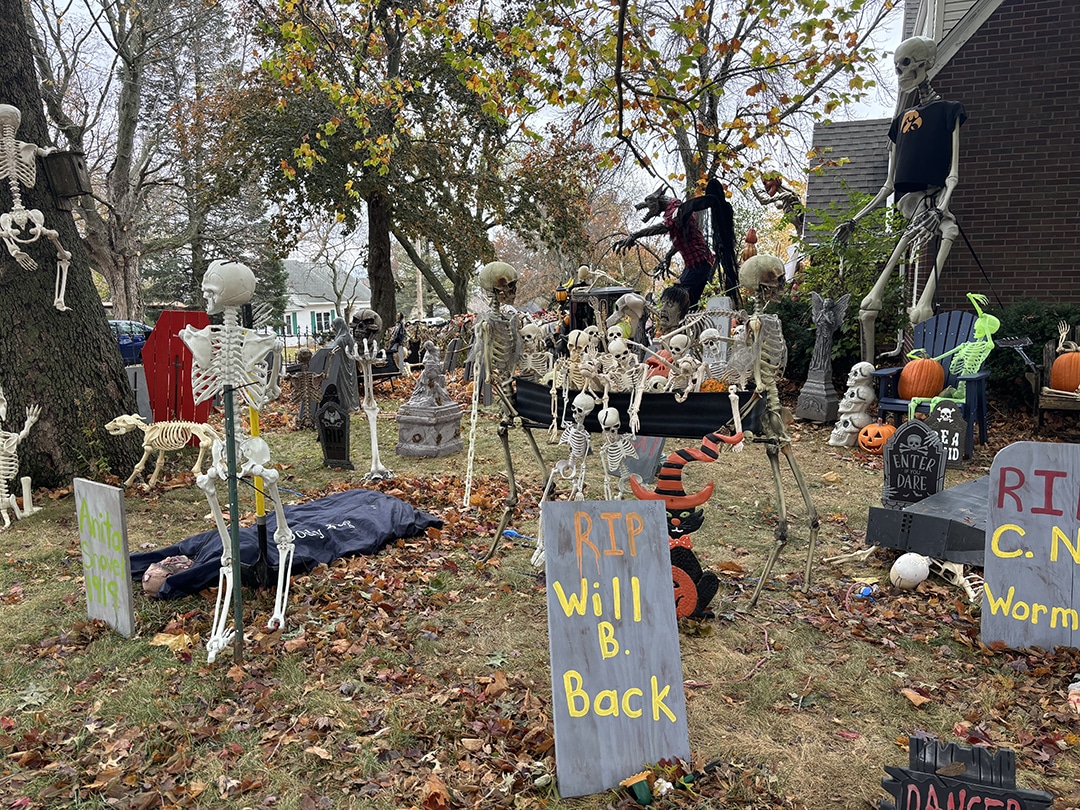
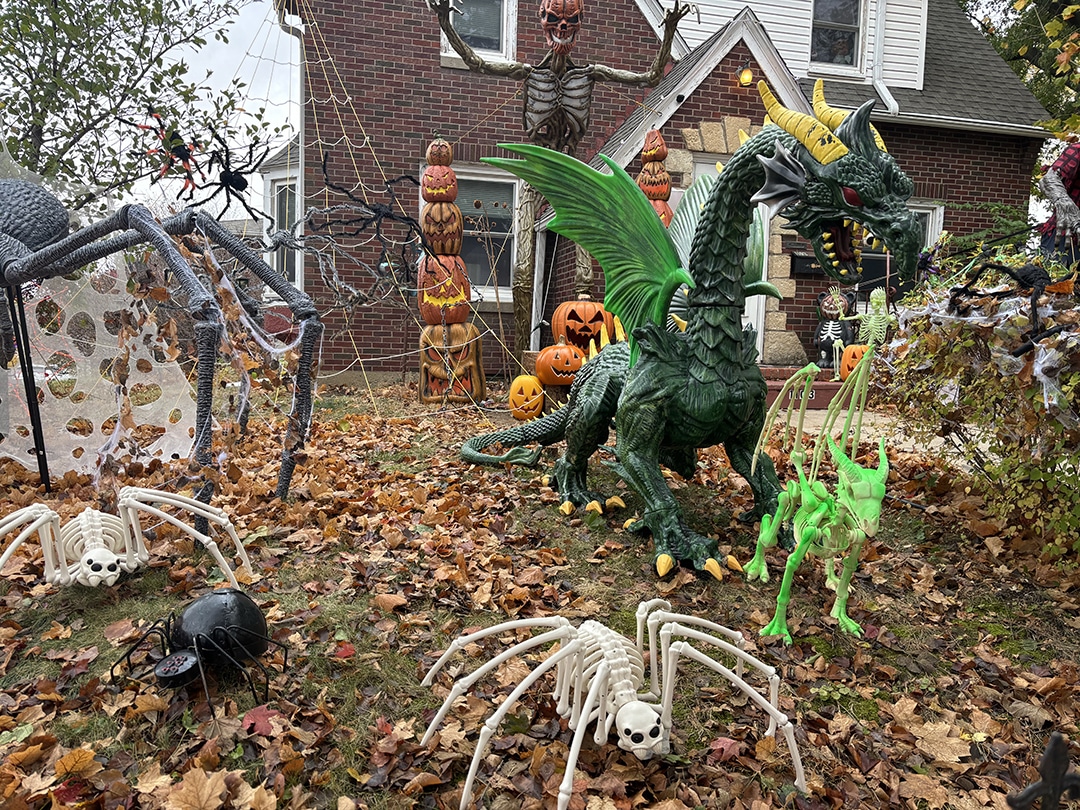
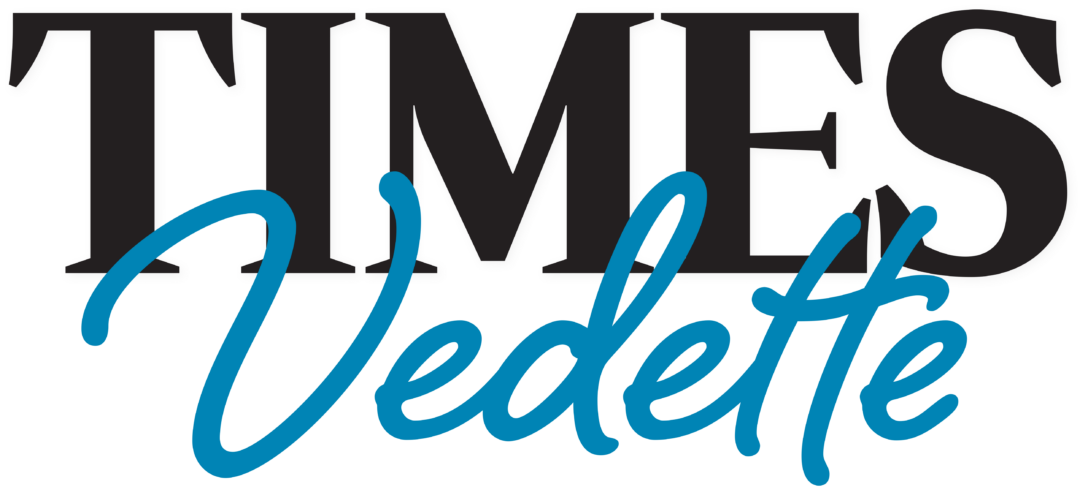
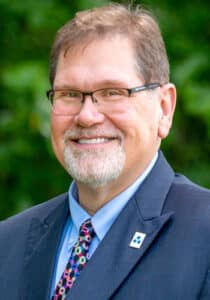 The National Association of Development Organizations (NADO) announced the election of Rick Hunsaker, executive director of Region XII COG in Carroll, as president of the association on Oct. 23 at NADO’s 2024 Annual Business Meeting. The meeting was held in conjunction with NADO’s Annual Training Conference in New Orleans, Louisiana, Oct. 21-24.
The National Association of Development Organizations (NADO) announced the election of Rick Hunsaker, executive director of Region XII COG in Carroll, as president of the association on Oct. 23 at NADO’s 2024 Annual Business Meeting. The meeting was held in conjunction with NADO’s Annual Training Conference in New Orleans, Louisiana, Oct. 21-24.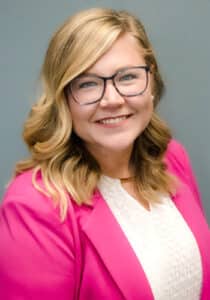 Edward Jones Financial Advisor Melissa Loest of Guthrie Center has received the Agriculture Focused Financial Planning(TM) designation, (or AFFP®).
Edward Jones Financial Advisor Melissa Loest of Guthrie Center has received the Agriculture Focused Financial Planning(TM) designation, (or AFFP®).